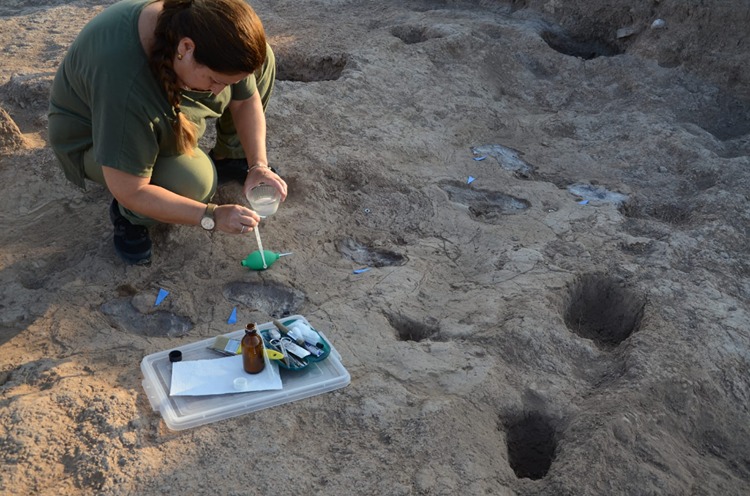
7,000-Year-Old Ubaid-Period Human Footprints Unearthed at Tell Kurdu Mound
Archaeologists working at Tell Kurdu Mound in Hatay, southern Türkiye, have uncovered a discovery rarely seen in Anatolian archaeology: five human footprints dating back 7,000 years.
According to Türkiye’s Minister of Culture and Tourism, Mehmet Nuri Ersoy, the footprints were found in layers dated to around 3200 BCE (Ubaid period). “Steps taken seven millennia ago have resurfaced, offering us a unique testimony from the past,” Ersoy said in his public statement.
The prints were revealed on August 21, 2025, in trench 8564. Experts determined that they belonged to individuals walking across waterlogged mud, likely preserved after heavy rainfall.
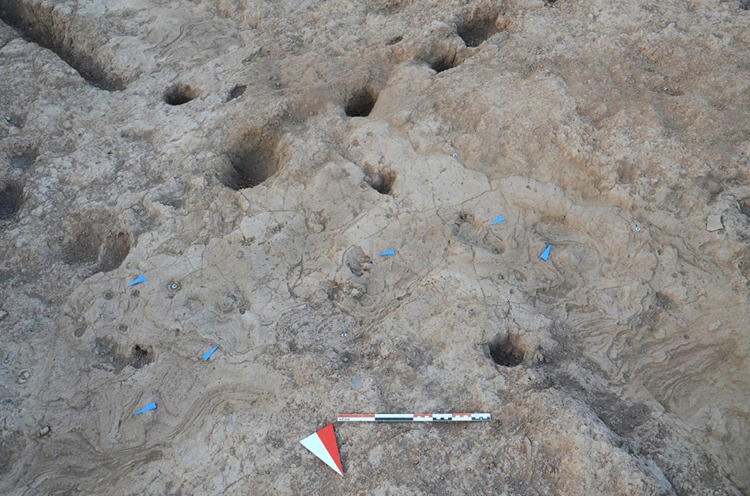
Tell Kurdu and the Ubaid Expansion
Tell Kurdu Mound is a key settlement in the Amuq Plain, known for documenting cultural interaction between Mesopotamia and Anatolia. Excavations here are especially significant for tracing the northward spread of the Ubaid Culture, which originated in southern Mesopotamia (ca. 6500–3800 BCE) and transformed early societies with innovations in mudbrick architecture, painted pottery, centralized settlements, and emerging social hierarchies.
📣 Our WhatsApp channel is now LIVE! Stay up-to-date with the latest news and updates, just click here to follow us on WhatsApp and never miss a thing!!
Findings at Tell Kurdu confirm that this cultural network reached deep into Anatolia, blending with local traditions and reshaping community life.
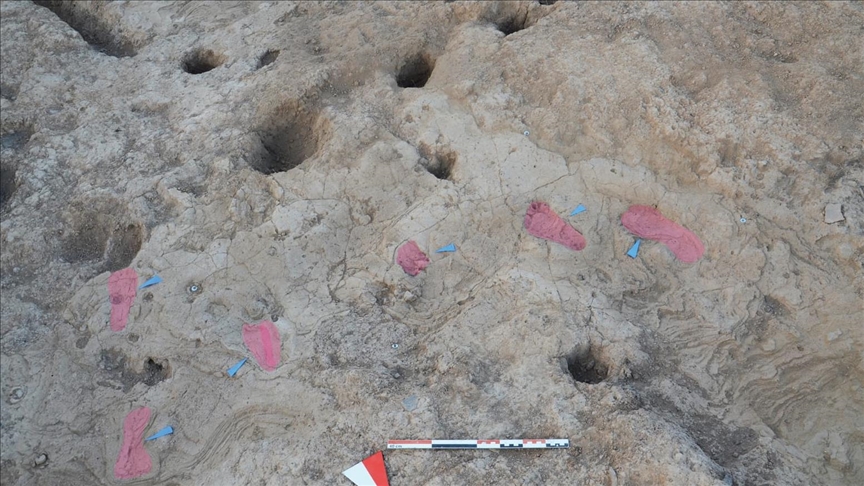
Rare Witness to Daily Life
Footprints are among the rarest forms of archaeological evidence, offering a direct and intimate connection to ancient individuals. Unlike pottery or stone tools, they capture fleeting human actions that rarely survive the passage of millennia.
The 7,000-year-old Tell Kurdu footprints thus provide not only proof of the Ubaid presence in Anatolia but also a tangible reminder of the people who once walked these lands.
Preserving Heritage for the Future
The discovery is part of Türkiye’s ongoing “Heritage for the Future” initiative, aimed at accelerating archaeological research and protecting cultural heritage. Minister Ersoy emphasized that the government is determined to safeguard and promote the country’s past, ensuring discoveries like Tell Kurdu gain global recognition.
You may also like
- A 1700-year-old statue of Pan unearthed during the excavations at Polyeuktos in İstanbul
- The granary was found in the ancient city of Sebaste, founded by the first Roman emperor Augustus
- Donalar Kale Kapı Rock Tomb or Donalar Rock Tomb
- Theater emerges as works continue in ancient city of Perinthos
- Urartian King Argishti’s bronze shield revealed the name of an unknown country
- The religious center of Lycia, the ancient city of Letoon
- Who were the Luwians?
- A new study brings a fresh perspective on the Anatolian origin of the Indo-European languages
- Perhaps the oldest thermal treatment center in the world, which has been in continuous use for 2000 years -Basilica Therma Roman Bath or King’s Daughter-
- The largest synagogue of the ancient world, located in the ancient city of Sardis, is being restored

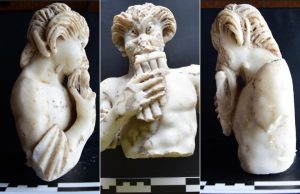
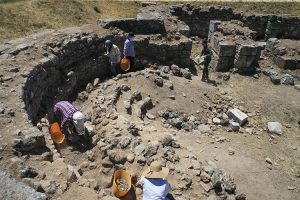
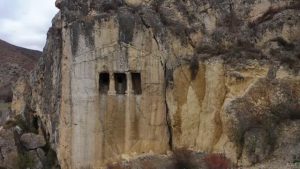
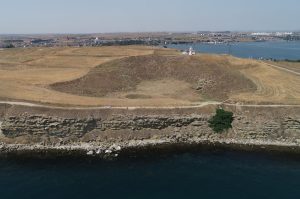
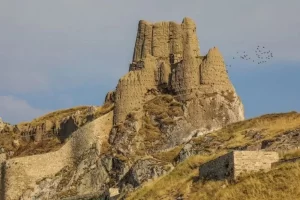
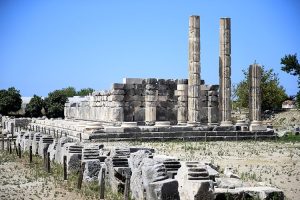
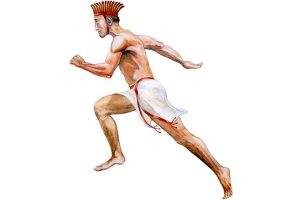

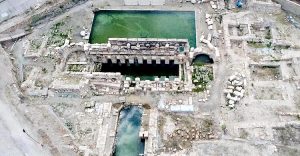
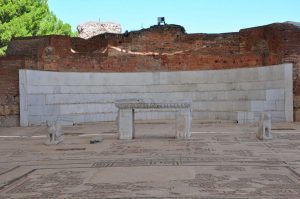
Leave a Reply